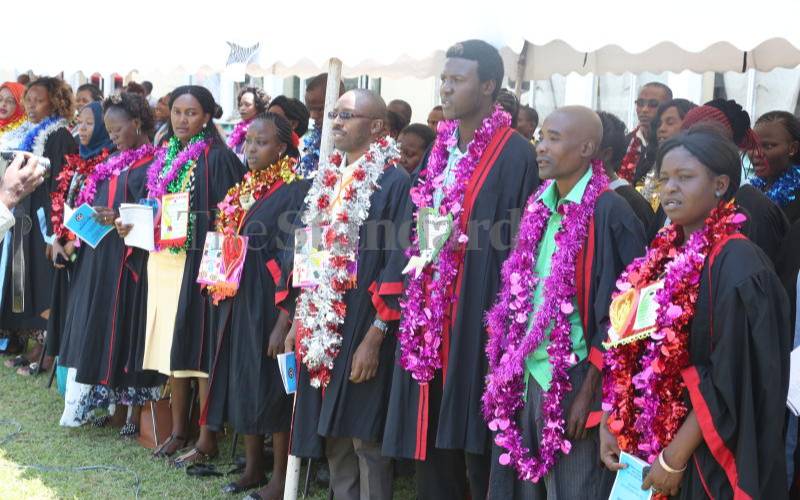×
The Standard e-Paper
Join Thousands Daily

Teachers Service Commission (TSC) recommendations in regards to the training of teachers have prompted debate, which is good and bad.
It is good because it is bound to instigate a discourse on training regime for teachers, which is rare but will allow us to have a fruitful conversation in shaping teacher training. Diametrically, the debate is bad because it has been hijacked by competing interests within the education system and beyond.







